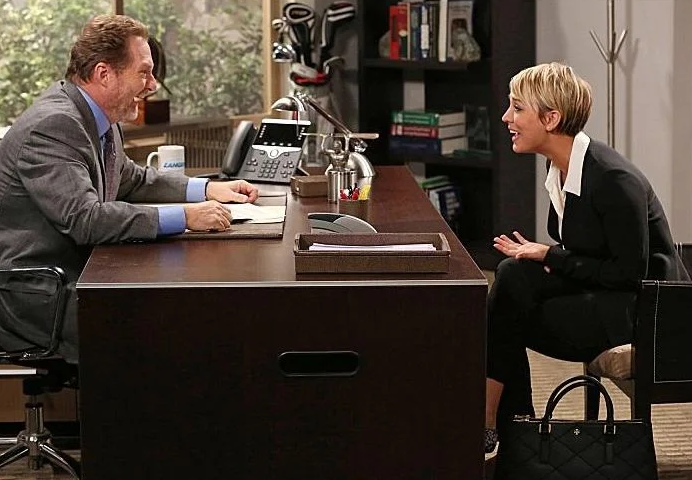Across multiple years of my experience leading teams I have made enough mistakes to learn how to (or not to) hire. I remember a few years ago during downtown ( which I have experienced many in the Bay Area) trying to hire a manager for one of the engineering teams. Now there is no scarcity of real good and accomplished people seeking opportunities especially during the downtown. There are times when their experience might seem as if perfectly similar to your requirement. I put out a job req and started getting multiple resumes so much so that I could not keep up. There were a lot of good resumes of candidates with great experience although not perfectly fit it seemed that they could more than easily accomplish the task.

My manager asked me to shortlist 10 resumes and start talking with these people. I was probably too naive – I requested couple of more weeks from my manager to receive a more suitable resume to come through. My manager grudgingly agreed cautioning me not to extend the process too long as the current lot of resumes were quite good already. One week passed and that perfect resume never came. I frantically contacted people in my network and passed on the job req. I also reached out to two ex-colleagues I thought were a good fit for the job. Turned out one of them was interested in talking more as the person was looking for change.
The person agreed to come for interview after 2 weeks ( guess s/he was preparing for the interviews ! ). This candidate performed quite well and everybody gave good reviews. We extended an offer to this candidate. And we were countered. The HR was blindsided and did not expect a big difference in the counter offer. Some of the information this candidate requested was really smart, eye opening and legitimate. The candidate was doing his/her job vetting the company, it’s culture, it’s position in the market, it’s long term road map and much more. In the end the candidate did not accept our offer and joined a different company.
We were back to square one and I was back looking at old resumes. Most of those candidates had moved on and we had to restart the whole process. My manager was not happy, however he asked me to take this setback in stride. This is when he explained to me about how to (or not to) hire. Here is the best recollection from that discussion.
- Interviewing only a single candidate for a job is lowering your bar. Minimum 4 to 5 (some companies have a higher limit to number of people they interview ) candidates should go through the full loop. This helps company understand the current candidate pool in industry and get the best out of available lot. This also gives most candidates a fair chance which they very well deserve.
- Some of the best candidates are not just interviewing at the company, but also interviewing the company. Therefore, it is not necessary that in the end the person will join if an offer is extended.
- There is no such thing as a perfect candidate. They more you delay searching for a perfect candidate or wait for somebody in your network to be available, the more time is wasted and some of the good candidates from current candidate pool may not be available when it’s too late. You may have to settle for less fitting candidate. Thus a late hire affects the company’s bottom line.
- A lot of hiring happens based on references and knowing people and ex colleagues in the industry. Both candidates and companies should take advantage of this connections. The referred candidates should go through the same loop as others.
And lastly having been on both the sides of the interviewing desk I do understand why companies are hesitant in providing feedbacks when a candidate is rejected. I do however think that it would be a good thing to provide some form of feedback to the candidate. If anybody has succeeded in doing this the right way please let us know in the comments.
Other interesting reads
